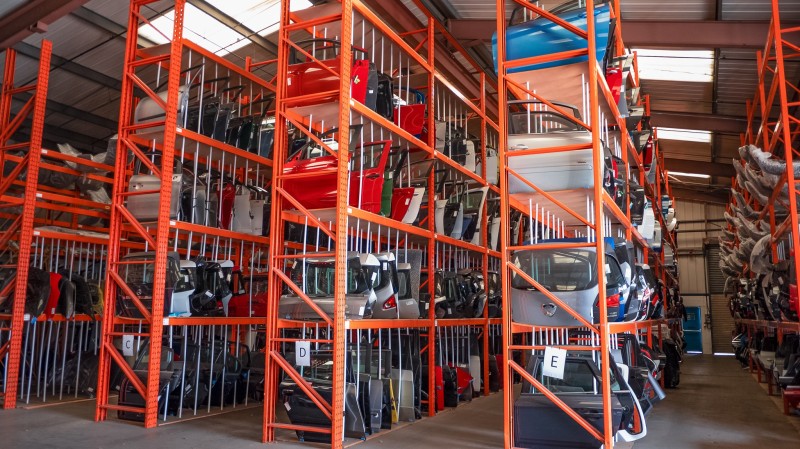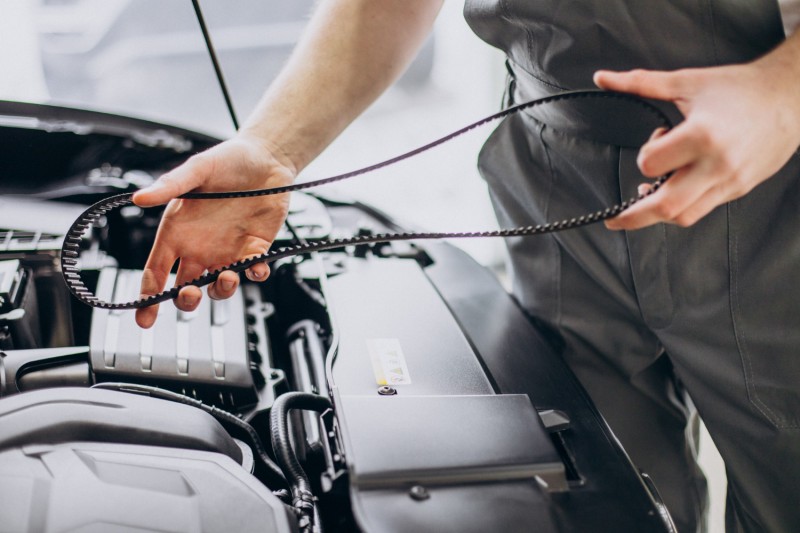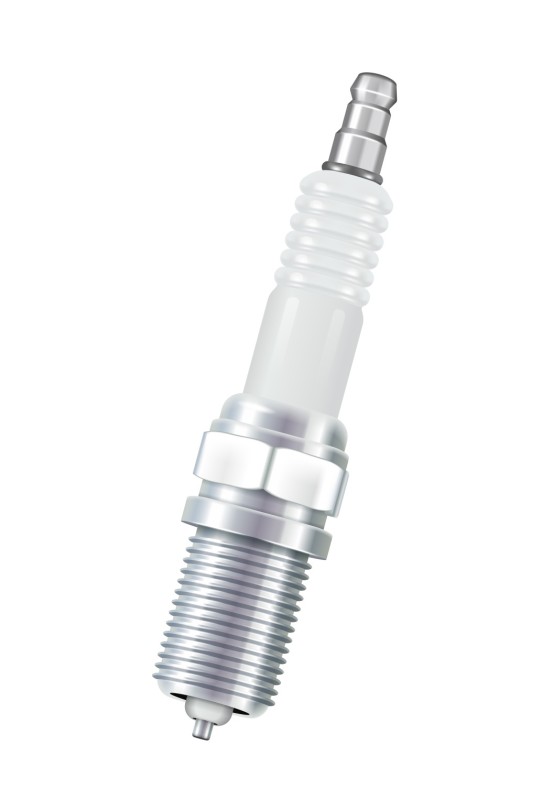Our Scrappage, Recycling and Car Blog
Previous 5 entries | Page 3 of 20 | Next 5 entries
How To Find Replacement Parts for My Car

It’s a fact of life that cars break down or need repairs. As much as manufacturers try to design and make highly reliable cars, the wear and tear from consistent use means auto parts are susceptible to faults. Worse still, accidents on the road are often unavoidable. Sometimes you and your vehicle may be involved in a prang where another driver is at fault.
At some point you will have to shop for a new car part. Whatever that part may be, there’s a fair chance you might feel a bit intimidated. After all, this is your car: something you rely on every day.
Dos and don’ts of getting rid of your old car

There comes a time in the life of any vehicle when it’s no longer safe or practical to use. What’s more, if you continue to drive an older car that’s not roadworthy, you could incur a hefty fine and some unnecessary points on your driving licence.
For thousands of drivers who have owned just a single vehicle for many years, they may have no idea how or when to get rid of a car. Nearly 1.5 million vehicles are scrapped in the UK each year, so it’s by no means a niche industry anymore.
How to Replace your Serpentine Belt

If you know your way around a car’s engine, then you’ll know what a serpentine belt (or drive belt) is. Automatic belt tensioners are now standard in most cars, so replacing a serpentine belt is one of those jobs that it is possible to do yourself.
Here’s our DIY guide to how to change your serpentine belt.
How to tax your car (the complete guide)

There have been some significant changes to the Vehicle Excise Duty (VED) regulations in recent years, with more to come in the near future. Here’s our guide to the vehicle tax rules, and answers to some common questions you may have about how to tax your car.
Ultimately, the car tax you pay will differ depending on how environmentally friendly the car is. That’s because the amount of tax you pay on your vehicle is based on the amount of carbon dioxide (CO2) it emits into the atmosphere.
Basic Car Maintenance: How to change your spark plugs

An essential part of your engine’s operation, spark plugs are something which you can replace yourself with relative ease.
When the engine fires, the spark causes the ignition cycle to begin. As this happens every time you start your car, the metal in the plugs will inevitably burn out over time. As this happens, eventually the gap between the electrodes becomes too vast for the spark to travel, leading to misfires, weak acceleration and poor mileage.
Previous 5 entries | Page 3 of 20 | Next 5 entries
Categories
- Car Maintenance 26
- Driving Abroad 2
- Economy 1
- Environment 3
- Insurance 2
- Light-Hearted 1
- Manufacturers 1
- Motoring Guides 6
- Motorways 1
- New Car Sales 1
- Safety 3
- Salvage 13
- Social & Community 4
- Used Cars 18
- Winter Driving 2
Recent posts
- Car CO2 Emissions
- How To Replace A Car Air Filter
- MOT: the complete guide
- Used Tyres Guide
- What is GAP insurance?
- Guide to finding a replacement car engine
- Does the scrap value of steel affect your car’s scrap value?
- What are the most valuable salvage car parts?
- The Ultimate Guide to Replacing Wing Mirrors
- ASM Has Procured Over 350 Jaguar and Land Rover Flood-Damaged Cars!
- How To Find Replacement Parts for My Car
- Dos and don’ts of getting rid of your old car
- How to Replace your Serpentine Belt
- How to tax your car (the complete guide)
- Basic Car Maintenance: How to change your spark plugs